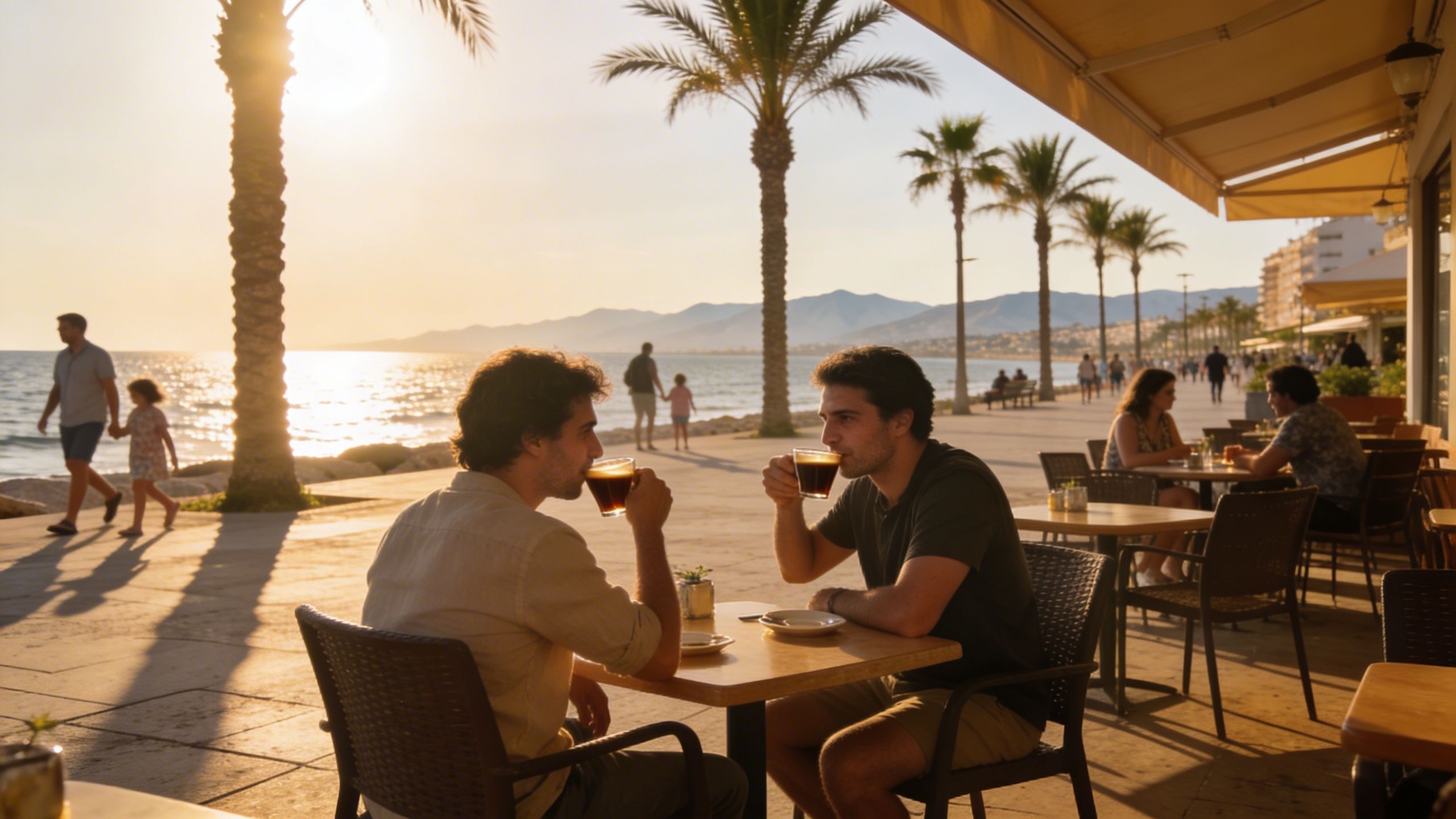Choosing a Local Agency for Green Homes in Italy
Practical guide to choosing Italian agents who understand renewables, energy audits, taxes and permits — backed by Terna and market reports.
According to recent energy data, Italy has rapidly expanded renewable capacity — a shift that changes how homes are sited, heated and valued — and creates new opportunities for buyers who prioritise energy independence and green infrastructure.
Why green infrastructure matters for international buyers in Italy

Italy’s grid is becoming cleaner — renewables covered a record share of electricity demand in recent reports — and regions with strong solar, hydro and growing storage offer homes with lower running costs and clearer pathways to net-zero living. This matters to international buyers because green infrastructure affects utility reliability, retrofit potential and long-term resale appeal. Buyers seeking genuine sustainability should factor regional energy profiles into their choice of agent and property.
How local infrastructure changes everyday living
Homes connected to strong local renewable networks enjoy lower exposure to fossil-fuel price shocks and greater opportunity for on-site energy systems such as rooftop PV, heat pumps and batteries. In practice, that means quieter generators, fewer surprise bills and more predictable maintenance cycles — benefits that an experienced local agency should understand and explain to buyers.
What to expect from agencies that specialise in green infrastructure
Top local agencies will map a property’s connection to nearby renewables, explain local incentives for energy upgrades, and advise on permitting for solar, thermal and water systems. They should also have vetted networks — trusted notaries, energy auditors (APE certifiers), and builders experienced in sustainable retrofits.
Choosing the right local real estate agency in Italy

International buyers face language barriers, unfamiliar legal norms and regionally varied tax rules. A good agency closes that gap: they act as translator, local expert and project manager. Look for demonstrable experience with foreign clients, clear services (market analysis, legal coordination, negotiation), and transparent fees.
Red flags to watch for
- Opaque commission structure, no references from previous international buyers, inability to explain local taxes or energy certifications, pressure to sign quickly without due diligence, limited local network of notaries or contractors.
Concrete services a quality agency should offer
- Market comparables and neighbourhood energy profile; coordination with avvocato (lawyer) and notaio (notary); assistance with tax estimates (IMU, TARI, registration tax); support arranging energy audits (APE) and planning checks for renewables; project management for renovations and green upgrades.
Because Italian taxes depend on property use and buyer status, agencies must be able to explain scenarios (primary residence vs second home, company purchases, VAT implications) and direct buyers to official guidance from Agenzia delle Entrate and local tax offices.
Practical due diligence: questions to ask and checks to request
Never rely solely on listing text. Ask agencies to provide documentation showing energy certifications, proof of grid connection for potential PV systems, recent electricity bills, and permissions for any existing extensions. Confirm who will manage permits for renewable installations and who coordinates with local authorities.
Checklist of green-focused due diligence
- Request the APE (energy performance certificate); ask for recent utility bills; confirm roof orientation and shading for solar potential; request as-built plans and municipal permissions; verify septic/wastewater compliance or connection to mains; ask about local incentives or tax credits for energy upgrades.
For context, Italy’s grid has seen significant growth in solar and hydro capacity, which affects where distributed energy systems will be most effective — northern valleys with abundant hydro, southern regions with ample solar potential. Your agency should be able to place the property within this energy geography.
Common pitfalls and best practices when working with local agents
A common pitfall is hiring a generalist agency that lacks technical partners for sustainability work. Another is underestimating closing costs and timing. Best practice: engage an agent who offers a clear project roadmap, introductions to certified technicians, and a fixed timeline for checks and closing.
Step-by-step process to vet and hire an agency
- Interview multiple agencies; request recent international client references; ask for a written service scope and fee schedule; verify the agent’s knowledge of green incentives and local planning rules; confirm communication languages and expected response times.
How timing and market dynamics affect choices
Italy’s market shows seasonal and regional variation: coastal and island markets spike in early spring and late summer, while inland renovation markets move steadily year-round. Delays in permitting for green upgrades can add months; choose an agency that plans for seasonality and regulatory timelines.
Advanced considerations: taxes, financing and renovation planning
Work with agencies who can coordinate with tax advisers and banks familiar with non-resident buyers. Important questions include how registration tax is calculated, whether VAT or flat registration applies, and how the IMU municipal tax will affect long-term carrying costs.
Financing and green incentives
- Ask whether local banks offer green mortgages or preferential terms for energy-efficient renovations; inquire about national incentives (Ecobonus) and how agencies help buyers claim them; confirm whether proposed retrofit works require building permits or SCIA notifications.
Future-proofing your purchase
Choose agencies that advise on adaptability: whether the property can accept heat pumps, battery storage or a larger PV array, and how local zoning or heritage rules might limit interventions. Properties that can be upgraded affordably are the ones that retain value as regulations and energy markets evolve.
Conclusion: prioritize agencies that combine local craft knowledge, regulatory fluency and sustainability networks. Start interviews early, ask the specific due-diligence questions above, and insist on a written plan for legal checks, energy assessments and renovation timelines. That approach turns a purchase into a long-term stewardship choice rather than a transaction.
Dutch property strategist who helped 200+ families find sustainable homes in southern Europe; expert in legal pathways and long-term stewardship.


